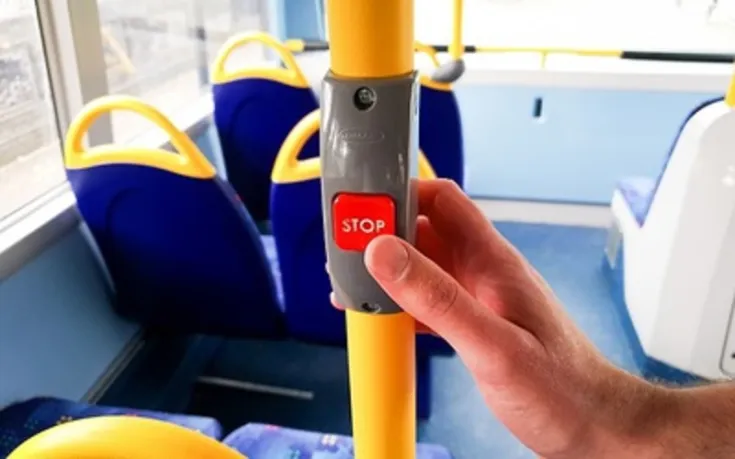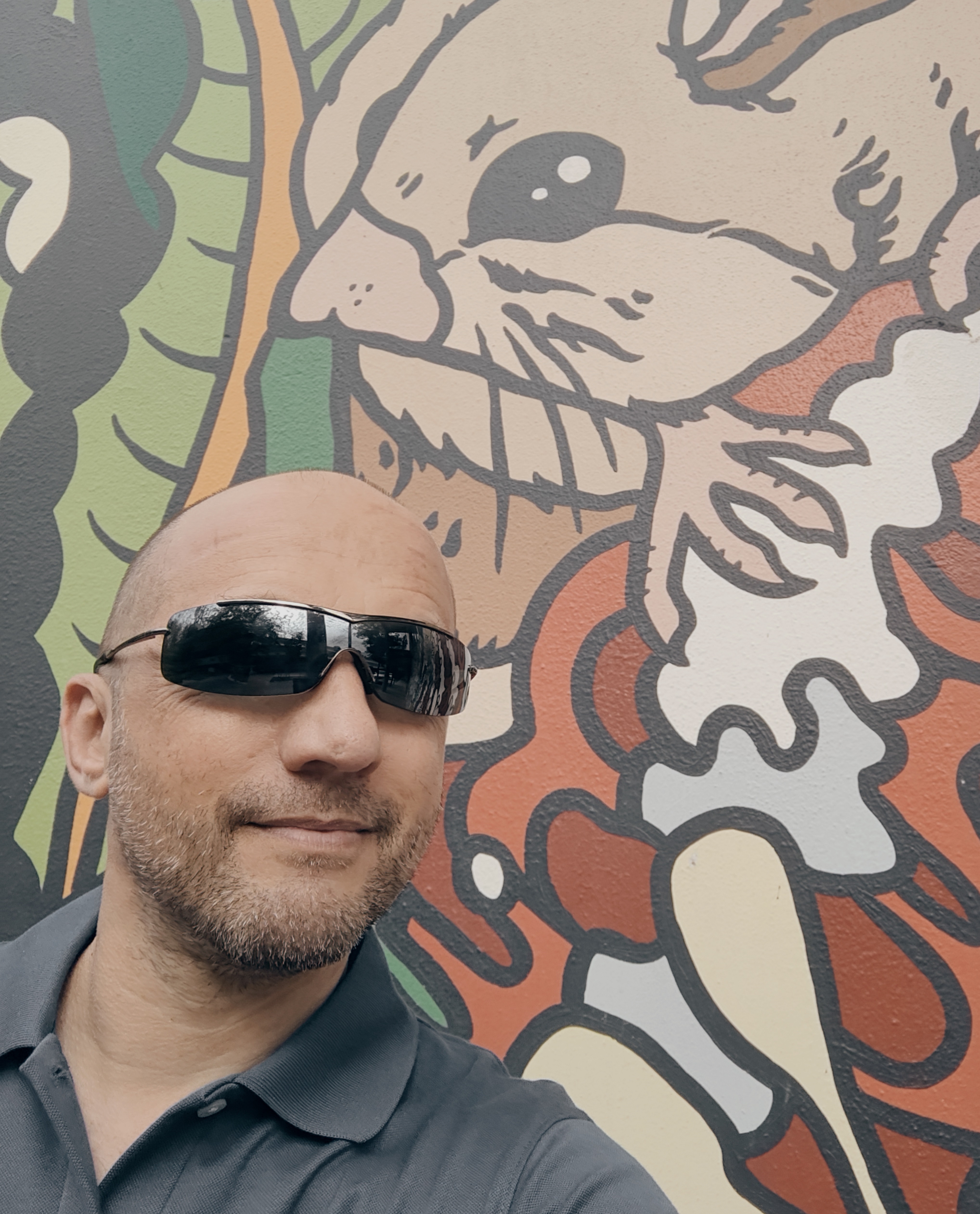I’m about to fly off to Australia transiting through Munich Airport 🇩🇪 … so I’m preparing myself to be ready to speak in “naš jezik” (“our language”).
👉 So what is this “naš jezik” (“our language”)?
👉 And why is it spoken at Munich Airport?
“Naš jezik” is the euphemism used by people from ex-Yugoslavia in diaspora communities, especially in western Europe, to describe their joint spoken 🗣️ (note, not written) language previously called “Serbo-Croatian”.
As a term, “naš jezik”:
🤝🏻 is more inclusive than using the ethnic-specific names of the individual successor languages: Serbian 🇷🇸, Croatian 🇭🇷, Bosnian 🇧🇦, Montenegrin 🇲🇪
🤝🏻 avoids potential animosity between the various speakers of these languages
🤝🏻 is easier than saying the names of all four languages (what a word salad!)
🤝🏻 reflects the near 100% mutual intelligibility between all four languages i.e. it’s a shared spoken language
🤝🏻 can only really be used by those who speak it
But if I’m going to Munich🍻, surely I should be brushing up on my German? 🤔
Well, you’d think that, but based on my last experience at Munich Airport (in transit to Belgrade 🇷🇸, of course), it seemed to me that everyone working there was from former Yugoslavia 🇸🇮🇭🇷🇧🇦🇷🇸🇲🇪🇲🇰. I was surprised to find almost all of the security officials, the cleaning staff, the people at the information desk and even the hospitality staff inside the lounge speaking to each other in “our language” that I even piped in and spoke “our language” to them and no one bat an eyelid 😃
This was not a unique experience. The word goes in former Yugoslavia that there are so many people from the region living in Vienna that you can negotiate the 🇦🇹 capital speaking solely “our language”. One time a Serbian TV crew decided to put that to the test. And the result? If the crew didn’t happen to encounter someone on the streets and shops of “Beč” (Vienna) who knew “our language” then it was easy for a local to rustle up someone who could.
I had a similar experience a few years ago when I was in Miami 🇺🇸, a city with a huge Spanish-speaking population. Granted, I was only a few miles away from Little Havana 🇨🇺 but still it was somewhat surreal to be in what otherwise superficially was typical US suburbia but interacting with bus drivers, going into chain stores and businesses (such as Target and Little Caesar’s Pizza) and asking for directions solely in Spanish.
Or the time I was on a public bus where all the passengers were speaking in Portuguese, including the bus driver, who had Portuguese radio blaring… on my way to Vianden, Luxembourg 🇱🇺 (Portuguese 🇵🇹 make up almost 15% of Luxembourg’s population).
✨ What made all these circumstances special is that there was no or little visible or physical presence of the dominant spoken language (such as signage).
Have you ever been in similar situations?






































































.%20A%20day%20of%20campaigning%20%E2%99%80%20%E2%80%A6%20or%20a%20day%20to%20buy%20flowers%20%F0%9F%92%90.jpg)





































































